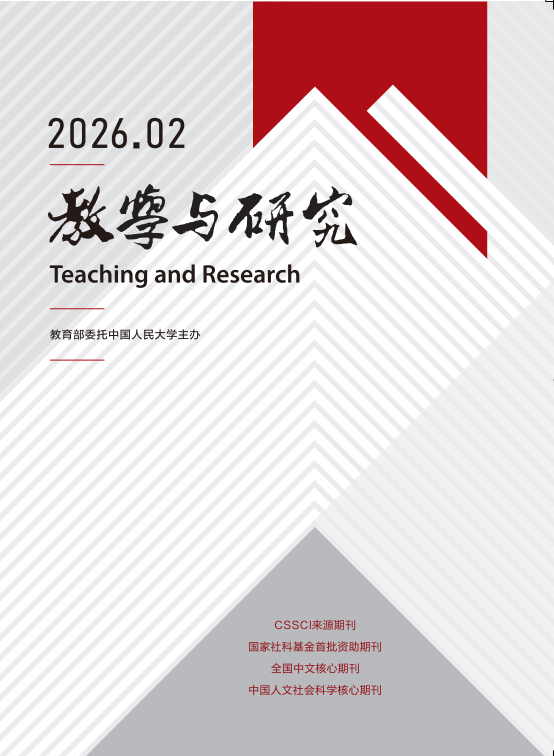The existing security governance norms, predominantly shaped by Western countries, contain substantial deficiencies that have led to frequent conflicts, particularly leaving many developing nations unable to adequately safeguard their own security. These Westerncentric security governance norms are built on the assumption that wars and conflicts are inherent features of the international community. Consequently, two distinct issues arise in global security governance: first, security is treated as a scarce resource within the international system; and second, driven by this premise, Western countries vigorously promote new interventionism, selectively resorting to military interference in certain regions. The common, comprehensive, cooperative, and sustainable outlook on global security proposed by China emphasizes shared security among nations and advocates achieving lasting security through international cooperation. This outlook transcends the zerosum view of security, which considers security as a scarce resource accessible only to a few countries. It also overcomes the shortcomings of Western nations pursuing selfinterest through external intervention. As the promoter of this outlook on global security, China actively promotes its acceptance within international organizations and frameworks such as the United Nations, the Shanghai Cooperation Organization, BRICS, and the Conference on Interaction and Confidence Building Measures in Asia. Based on discursive institutionalism, it becomes evident that members of these organizations and institutions have, to a certain extent, embraced this outlook on global security. They have internalized this outlook as background knowledge within their frameworks, thereby altering their behavioral patterns and fostering innovation in global security governance norms.



